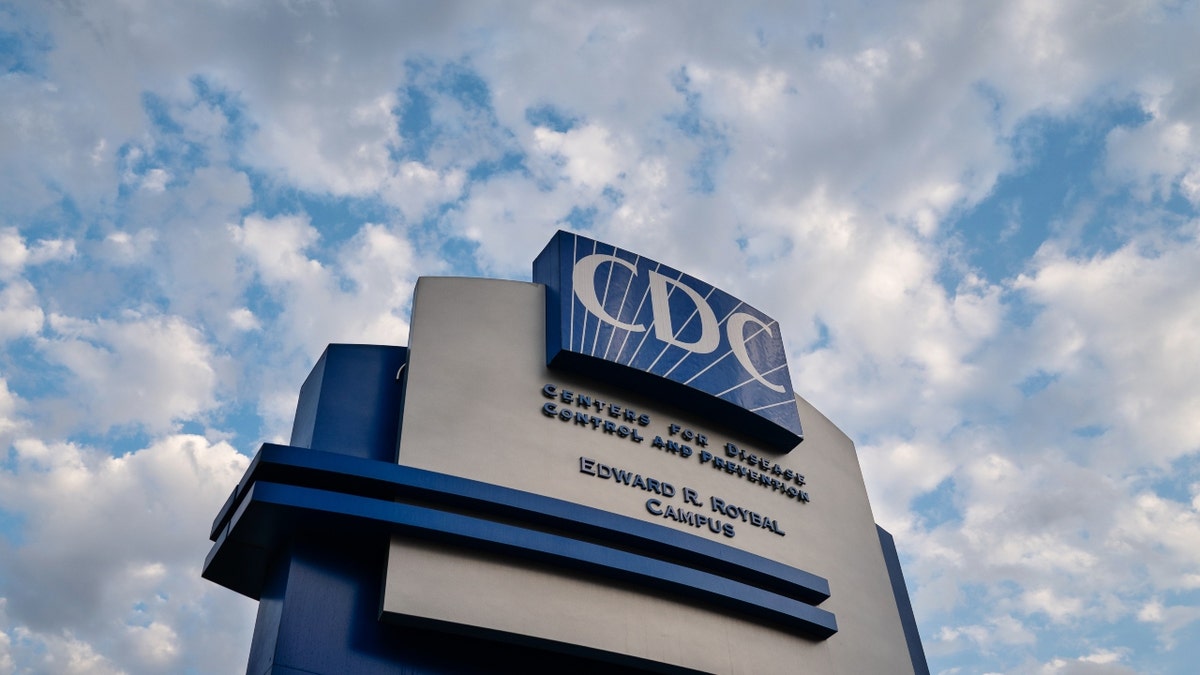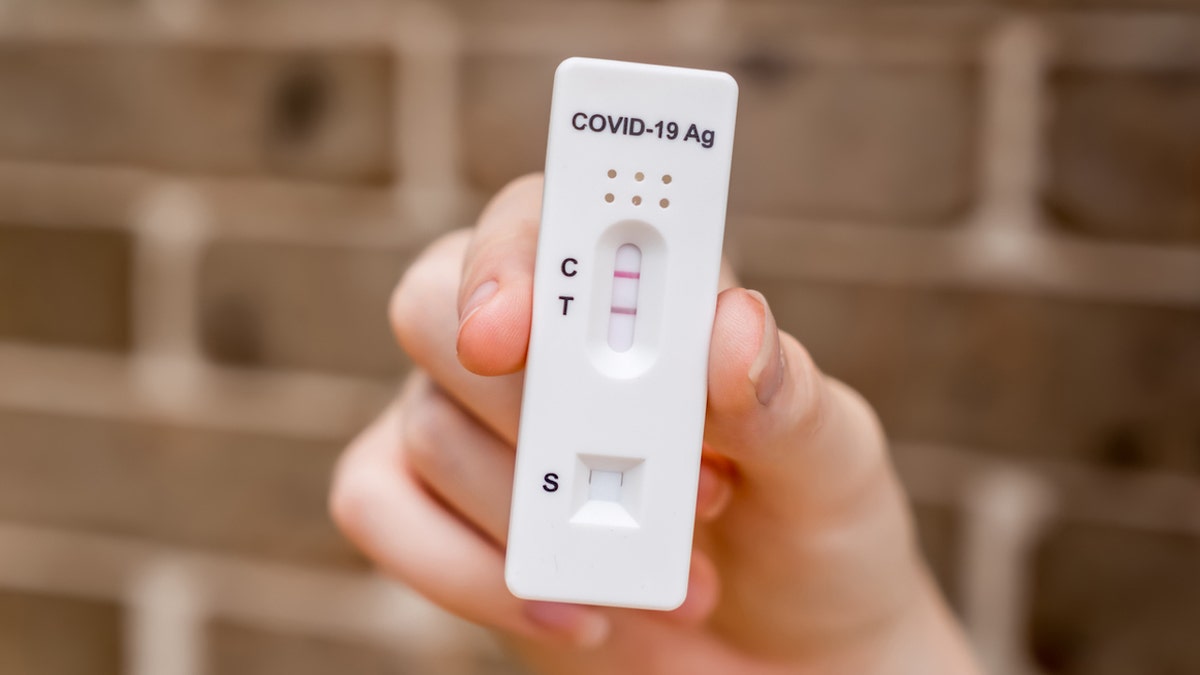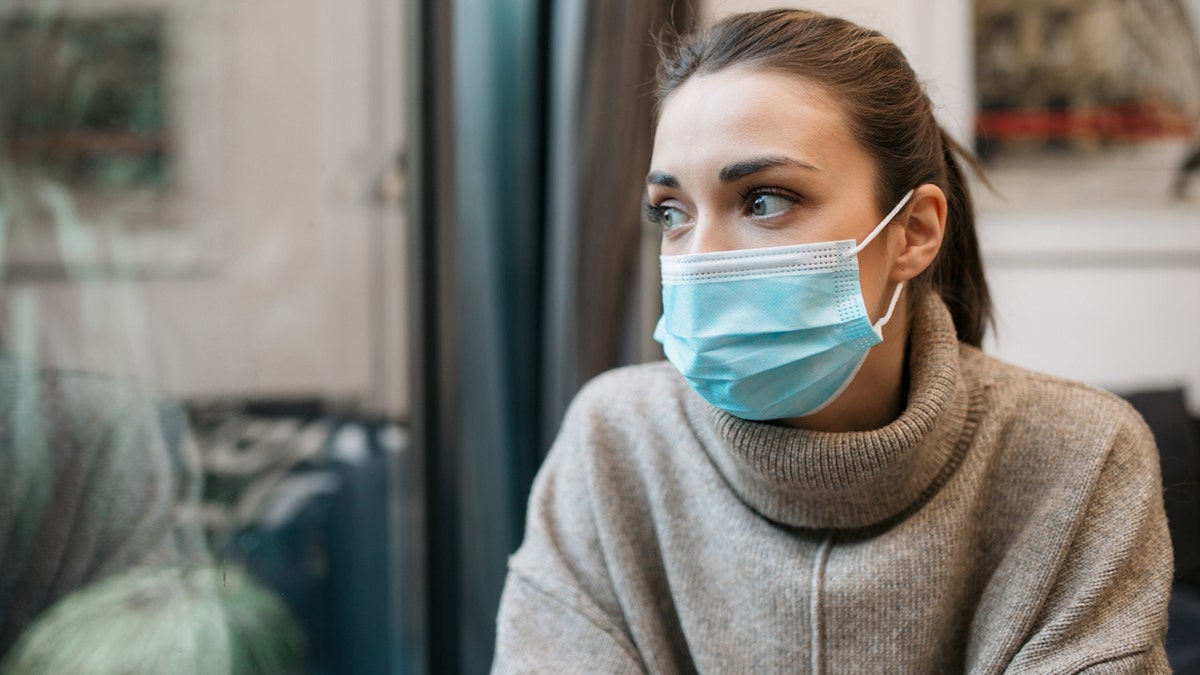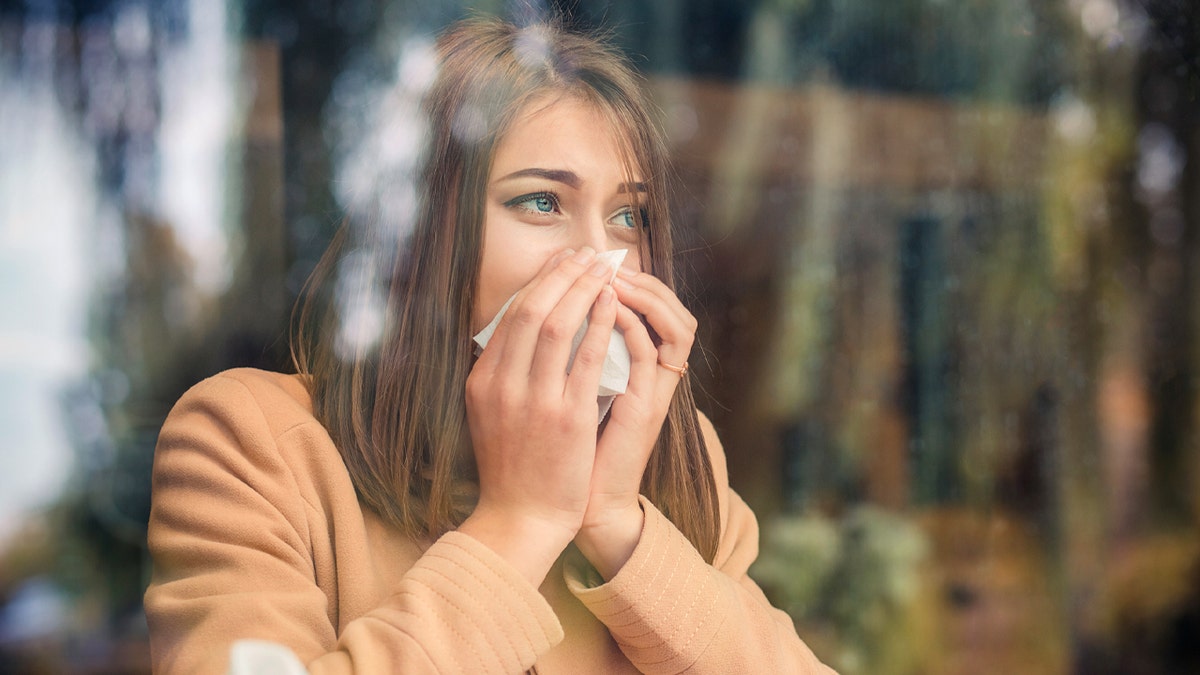CDC reportedly considers ending 5-day isolation period for COVID
Fox News contributor Dr. Marc Siegel joins 'America Reports' to discuss the possible changes to COVID-19 isolation guidelines and his recent op-ed on President Biden's health.
It is no longer necessary to isolate for five days after testing positive for COVID-19, according to a Friday statement from the U.S. Centers for Disease Control and Prevention (CDC).
The new guidance tells people to stay home if they are sick, but when they are feeling better and have been fever-free for 24 hours, they can return to school or work.
The CDC does recommend continuing to wear a mask for five days, while washing hands, maintaining physical distance and focusing on good ventilation.
This is the same guidance given for flu and other respiratory illnesses.
"Our goal here is to protect those at risk for severe illness while also reassuring folks that these recommendations are simple, clear, easy-to-understand and can be followed," said Mandy Cohen, CDC director, in a statement to media on Friday.
The updated guidance "reflects the progress we’ve made in protecting against severe illness from COVID," she added.

The CDC on Friday announced that it is no longer necessary for people to isolate for five days after testing positive for COVID-19. (Elijah Nouvelage/Bloomberg via Getty Images)
Prior to Friday’s update, the CDC called for people who test positive for the virus to "stay home for at least five days and isolate from others in your home," a recommendation that was implemented in late 2021.
At the start of the pandemic, the agency had recommended a 10-day isolation period for people who tested positive for the virus.
‘One set of guidelines’
Dr. Marc Siegel, clinical professor of medicine at NYU Langone Medical Center and a Fox News medical contributor, spoke with Cohen on Thursday ahead of the updated guidance.
CDC RECOMMENDS ADDITIONAL COVID VACCINE FOR ADULTS 65 AND OVER
"The change is based on the fact that, according to Dr. Cohen, though wastewater analysis for COVID is very high, at the same time, case counts and hospitalizations are MUCH lower," he told Fox News Digital.
"The goal is to have one set of guidelines for all respiratory viruses — flu, RSV, COVID, etc.," Siegel noted.

Prior to Friday's update, the CDC called for people who test positive for the virus to "stay home for at least five days and isolate from others in your home," a recommendation that was implemented in late 2021. (iStock)
Cohen did indicate that the new recommendation does not apply to every patient.
"The immunocompromised, pregnant women and chronically ill may wait longer based on the advice of their physician," Siegel said.
"The goal is to have one set of guidelines for all respiratory viruses."
By the time someone tests positive for COVID, they are most likely at least two days into the illness, according to Cohen, and emerging data shows that the times of greatest transmission are right before symptoms begin and in the first few days of illness.
"Being recently vaccinated and taking Paxlovid (when indicated) within the first few days will help you recover much quicker," Cohen told Siegel.
SHOULD THE CDC DROP ITS 5-DAY COVID ISOLATION GUIDELINES? DOCTORS WEIGH IN
Some states had already relaxed their own guidelines prior to the CDC’s official update.
In both Oregon and California, people with COVID have not had to isolate at all — as long as they have been fever-free for 24 hours without using fever-reducing medicines and their other COVID symptoms are improving, according to each state’s health department.

At the start of the pandemic, the agency recommended a 10-day isolation after testing positive for the virus. (iStock)
Siegel said he is in agreement with removing the five-day isolation period.
"The pandemic has been over for several months, and though there was an uptick this winter, with over 20,000 hospitalizations and 1,500 deaths per week at one point, it is now diminishing," the doctor said.
Some doctors believe there should be at least somewhat stricter guidelines for COVID.

One doctor said the isolation period should be one to two days longer for COVID than for flu. (iStock)
Dr. Ben TenOever, head of the Virology Institute at New York University, told Siegel that he thinks the isolation period should be one to two days longer for COVID than for influenza.
"This is because SARS COV-2 travels farther on smaller droplets than flu," Siegel said.
CASES OF NOROVIRUS OR STOMACH FLU CLIMB STEADILY ACROSS US: 'THIS IS THE SEASON FOR IT'
Also, flu tends to generate a lot of non-infectious material after it's been in the body for a few days, TenOever noted, which means the flu coming out of a person's mouth or nose when coughing or sneezing may be pieces of dead flu virus.
SARS COV-2, by contrast, stays intact because it is more compact, so it may remain infectious longer, the doctor said.
COVID numbers continue downward trend
As of the most recently reported week ending Feb. 24, the share of administered COVID tests with positive results was 7.4%, a 0.6% decrease from the prior week, per CDC data.
CLICK HERE TO GET THE FOX NEWS APP
Of all emergency department visits, 1.8% of them resulted in a diagnosis of COVID, a 0.9% week-over-week decline.
CLICK HERE TO SIGN UP FOR OUR HEALTH NEWSLETTER
COVID-related hospitalizations decreased 10.3% from the prior week.
The share of all U.S. deaths due to COVID was 2.1%, which reflected an 8.7% decrease.











































